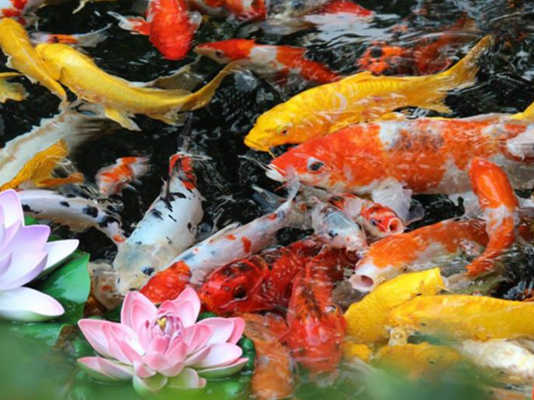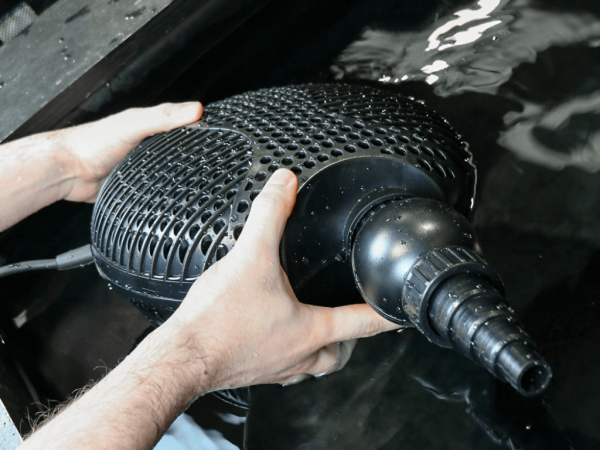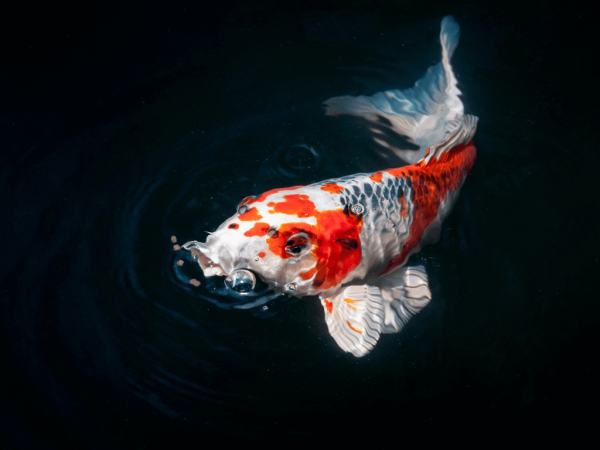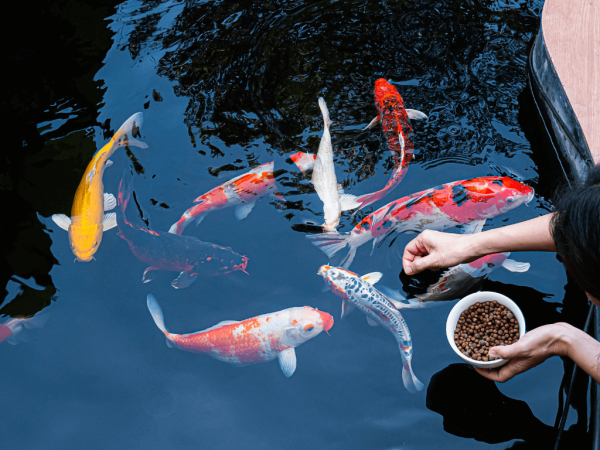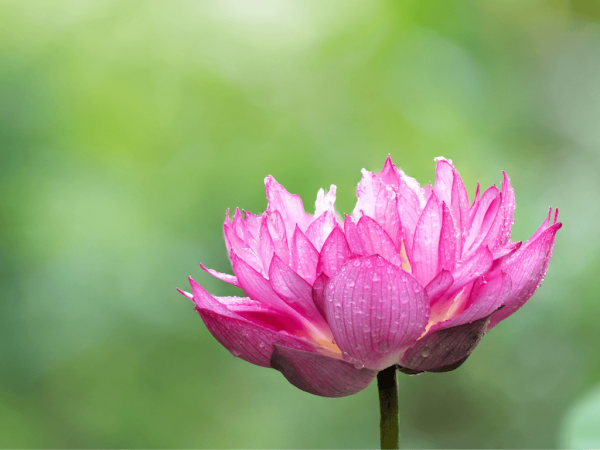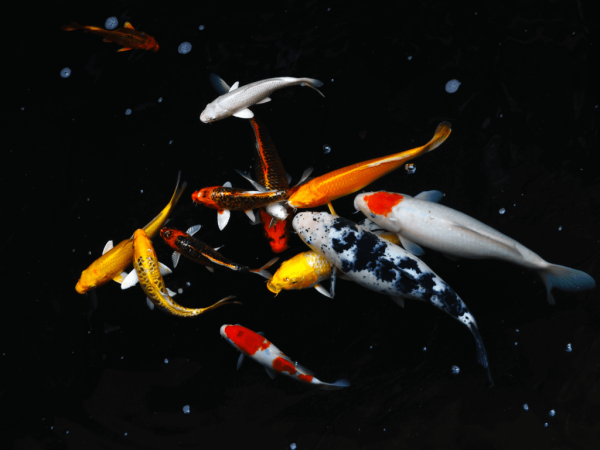Summer pond care
Summer is now in full swing and in the midst of the summer solstice, UK ponds are receiving 18 hours of daylight. Here are some common pond problems around this time.
Mystery pond fish deaths
Very common before a storm, the air pressure changes and the pond water is stripped of oxygen. Fish gasp, rollover or worse still die. The largest fish are always the worst affected. Ensure your pond is heavily oxygenated at all times as the fish demand oxygen, the filter bacteria use oxygen and the plants use oxygen at night too. It's the perfect storm for asphyxiation.
Water boards may add extra chlorine to the water supply in hot weather so add double the dose of tap safe, and investigate all possible causes for the fish’s death if the cause is not oxygen. Any clamped fins, lethargy and extra mucus are usually down to parasitic flukes, and it will need treating.
Slug pellets are lethal to pond fish so if you’ve scattered some around some poolside Hostas and they’ve got into the water, that could be the answer. But always start with a water test.
Fish spawning
Fish chasing each other is a sure sign of spawning at this time of year, but just keep an eye on them as they are less mindful of predators and drive each other into the shallows. Fish can get stranded or even driven up onto cover nets, and females can become exhausted after days of relentless chasing.
Female fish can also become egg bound so in a bare pond it's a good idea to add some spawning brushes so that they can release their eggs annually as they would in the wild. The female’s skin becomes thin too and liable to damage from being scraped on the pond walls and liable to secondary fungal infection.
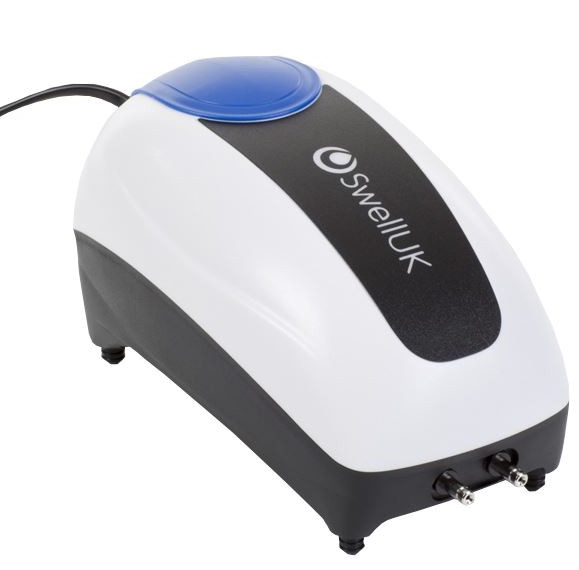
Foam on the surface
Foam is very common at this time of year. Spawning can cause foaming, as can pollen and algae treatments. If the pond is producing excessive foam first test the water for pH, ammonia, nitrite and nitrate, as ammonia can cause fish to produce extra mucus. If water quality is ok it can be remedied quickly with an anti-foam treatment and solved long-term with a pond surface skimmer. Both methods are very effective.
Cloudy water
Cloudy water can be from a combination of factors at this time of year. Rainfall can carry sand and dust which are then discharged into your pond during heavy rain. The fish are at their most active and feeding heavily too, so it can be particles of food or fish waste that the pond filter is struggling to deal with.
Algae treatments can cause bitty, free-floating algae particles or large fish may have been digging in aquatic plant baskets. Clean the filter twice as often as you usually would, even daily if you have to and see if that makes a difference to clarity. Check the UV is on and add some sludge remover and/or a flocculant to clear water. Persistent cloudy water may mean it's time for a bigger filter.
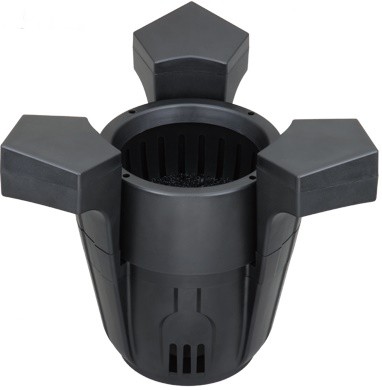
Overstocking
Lockdown has been tempting to add extra fish to the pond through lack of something to do. Pond fish can put on inches per year so may actually double in mass and waste production just through growth. Add this to baby fish that have appeared in the pond via spawning and maybe some fish you’ve rehomed from a friend or relative and you may be massively overstocked.
None but the very largest ponds can handle more than 50 goldfish or 15-20 koi, so if you do have lots of black coloured 2” long baby goldfish they will have to come out. Leave them in and they will stunt the growth of the parent fish and pose a real risk to themselves and others when dissolved oxygen levels drop.
Filter maintenance
Many pond owners blame the filter performance in summer but it’s just working much harder than it would do in winter. The more times you clean it, the more waste you will expel, and the better the pond will be. Many filters now allow cleaning with either dry hands or even hands-free, so filter cleaning doesn’t have to be a chore.
If you need to get inside the filter to maintain or replace sponges, remember never to wash them under the tap, and if they are the only filter media inside the filter, never to replace them all at once as all that beneficial bacteria will be lost.




